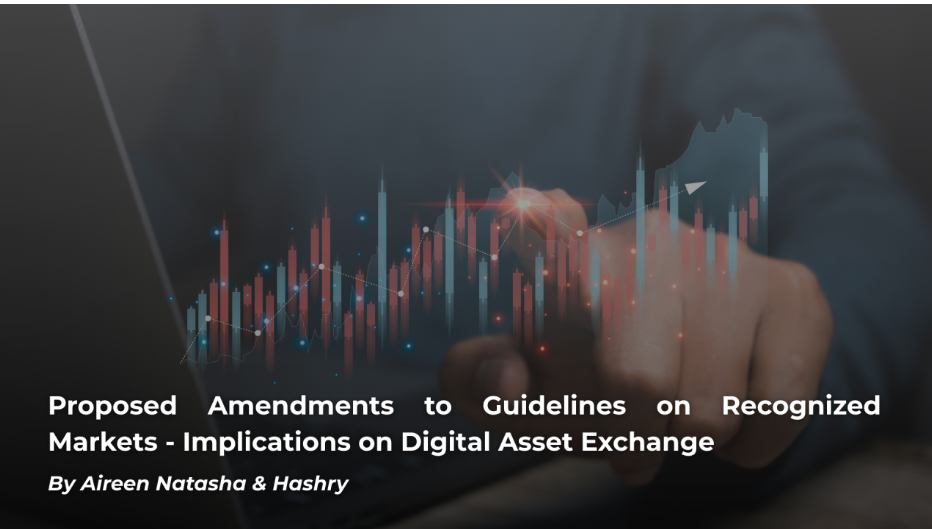In Malaysia, money services business is governed under the Money Services Business Act 2011 (“MSBA 2011”) which provides licensing, regulations and supervisions of money services business. According to Section 2 of the MSBA 2011, money service business refers to money-changing, remittance and wholesale currency businesses.
According to the Rule 2 and First Schedule of the Money Services Business (Licensing) Regulations 2012 (“the MSB licensing regulations”), money services businesses are categorised into 4 classes which are:
a) Class A: Money-changing and Remittance business only;
b) Class B: Remittance business only;
c) Class C: Money-changing business only;
d) Class D: Wholesale Currency business only.
In order for a business to carry out money service business in Malaysia, a company must obtain a license issued by the Central Bank of Malaysia (“BNM”) which is via application made under Section 5 of the MSBA 2011 and upon satisfying the requirement under Section 6 of the MSBA 2011 and the MSB licensing regulations as well as having the minimum capital funds under the Money Services Business (Minimum Capital Funds) Regulations 2011 (“the MSB minimum capital funds regulations”)
Money Changing
Money changing business (or also known as money exchange business) is a business that allows the exchange of one country’s currency for another. According to Section 2 of MSBA 2011, money changing business is a business of:a) entering into an exchange transaction at a rate of exchange;b) buying or selling travellers’ cheques, on behalf of an issuer of travellers’ cheques, at a rate of exchange; andc) such other business as Bank Negara Malaysia may prescribe.
Remittance
According to Section 2 of the MSBA 2011, remittance business refers to “business of transferring funds or facilitating the transfer of funds, whether in any form or by any means or whether there is any movement of funds or not, on behalf of an originator person in or outside Malaysia, with a view to making the funds available to a beneficiary person in or outside Malaysia and the originator person and the beneficiary person may be the same person, but excludes such other businesses, activities, systems or arrangements as the BNM may prescribe.”
Remittances can also be understood with the act of outward and inward fund transfers by individuals and businesses via non-bank remittance service providers.
Wholesale Currency
Wholesale currency business is a business of importing and exporting of foreign currencies for supply to retail money changers. According to Section 2 of the MSBA 2011, wholesale currency business is defined as follows:a) buying and selling foreign currency with an authorized dealer, a licensee or any person outside Malaysia, as the case may be;b) importing foreign currency notes from, or exporting foreign currency notes to, any person outside of Malaysia; orc) such other business as the Bank may prescribe.
Requirements for Money Services Business License
In order for a business to apply for a money services business license, Section 6 of the MSBA 2011 provides that:a) the company must have a substantial shareholder, director, controller, chief executive officer, or manager that has fulfilled the minimum criteria of a ‘fit and proper’ person as BNM has prescribe. The fit and proper criteria can be seen in Section 59 of the Financial Services Act 2013 and Section 68(1) of the Islamic Financial Services Act 2013. In addition to that, BNM has also release the Fit and Proper Criteria on 28 June 2013 for all licensed persons and financial holding companies;b) the company must have a sound business plan;c) the company must have appropriate, sound and adequate governance arrangements, internal control mechanisms and procedures to manage the operations of the intended money services business activities;d) the companies must have appropriate, sound and adequate internal control mechanisms and compliance programmes to comply with the requirements of the Anti-Money Laundering and Anti-Terrorism Financing Act 2001 and other statutory obligations that the company will be subjected to;e) the companies have the financial capabilities to satisfy the capital requirements as provided under the MSB minimum capital funds regulations;f) and any other requirements which are necessary to manage the operations of the money services business as BNM may specify.
Section 6 of the MSBA 2011 must also be read together with Rule 3 of the MSB licensing regulations which provides in details the documents that needed to be submitted to the BNM for a license application.
In relation to the minimum capital requirements, Sub regulation 3(1) of the MSB minimum capital funds regulations have provided a schedule as follows:
| CLASS | CRITERIA | MINIMUM CAPITAL FUNDS (RM) | |
|---|---|---|---|
| A | – | The licensee carries on money changing and remittance business | 2,000,000 |
| B or C | – | The licensee carries on money changing or remittance business, with more than five branch offices | 2,000,000 |
| – | The licensee carries on money changing or remittance business with not more than five branch offices | 500,000 | |
| – | The licensee carries on money changing or remittance business where:- | 300,000 | |
| a) it has no branch | |||
| b) it is also a money services business agent of a licensee of a different class and has no branch office | |||
| D | – | The licensee carries on wholesale currency business | 10,000,000 |
| A and D | – | The licensee carries on all type of money services business | 12,000,000 |
| C and D | – | The licensee carries on wholesale currency and money changing business | 12,000,000 |
Schedule under the Rule 3 of MSB Minimum Capital Funds Regulations
Therefore, companies who are applying for the class money services business must have a minimum capital funds under according to the schedule. In addition to that, company applying for such licences must also pay a free prescribe under the Second Schedule of Regulation 5 of the MSB licensing regulations. The license obtained by the company will be valid for a period of 3 years as per Rule 6 of the MSB licensing regulations.
Duty of Licensees
Upon the issuance of license to a company, the company must ensure that the money services business is carried out in an effective, accountable and has a transparent governance arrangement as well as internal control systems that promote the safety and integrity of money services business activities. As such, companies who carried out a money services business are required to adhere to the Money Services Business (Duties of Licensees) Regulations 2012 and guidelines that has been released by the BNM such as Guidelines on Governance and Operational Requirements on Conduct of Money Services Business, Standard Guidelines on Anti-Money Laundering and Counter Financing of Terrorism (Standard Guidelines on AML/CFT) and others.
Conducting Money Services Business without a license
In Malaysia, conducting a money services business without a license is prohibited as stipulated under Section 4(1) of the MSBA 2011. In addition to that, Section 4(3) of the MBSA 2011 states that any person who commit the offence can be subjected to a fine not exceeding RM5 million or imprisonment for a term not exceeding 10 years or both. Licensee who has an expired license but still carry out money services business would also be liable for the same fine and imprisonment as stated under Section 15(2) of the MSBA 2011. The company may also be investigated by an investigating officer of BNM and its property can be seized without a warrant as stated under Section 56 of the MSBA 2011 by the investigating officer.
Conclusion
Companies who have the intention of setting up a money services business must ensure it complies with the requirements as well as the regulations and guidelines provided by the BNM and have the minimum capital fund required by the MSB minimum capital regulations. On the other hand, companies who has obtained its license must ensure that the Money Services Business (Duties of Licensees) Regulations 2012 and the Anti-Money Laundering, Anti-Terrorism Financing and Proceeds of Unlawful Activities Act 2001 are followed and adhered to. Due to the Covid-19 pandemic, many users and companies have started to conduct money services business through online platform which is encouraged by the BNM as part of its efforts to promote progressive and inclusive financial systems.






